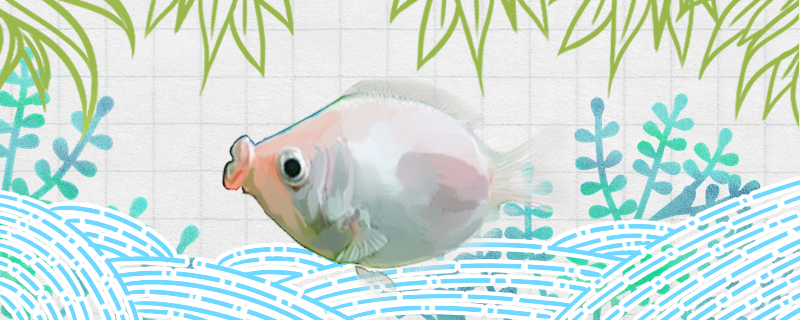
Kissing fish will not be pregnant, because it is oviparous animals. During the rut, the male stimulates the female by performing a courtship dance. Then the male and female fish will bite the tail, entangle the body and other behaviors to deepen their feelings. After being attracted, the female fish will release the eggs into the water, and the male fish will shoot the sperm into the water. In water, sperm and egg will combine to complete fertilization. Because it is in vitro fertilization, the mother fish will not be pregnant.
During the breeding season, if the belly of the female kissing fish obviously gets bigger, it is not because it is pregnant. Because it is an oviparous animal, the process of fertilization will take place outside the body, so it will not be pregnant. The mother's belly gets bigger because she's ready to ovulate. At this time, arrange for it to be able to look at the male fish in estrus, so that they can give birth to small fish.
The eggs of the kissing fish hatch out quickly, and it usually takes only 1-2 days to hatch out small fish. The newly hatched fish does not need to be fed, because it will use the nutrients in the yolk to grow. After 2-3 days, they will begin to swim and need to be fed with a large amount of migratory water to prevent them from starving to death.